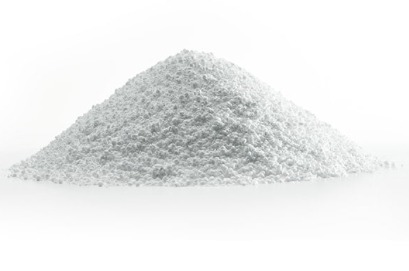IUPAC Name
(2R,3R,4R,5R)-Hexane-1,2,3,4,5,6-hexol
Cas Number
69-65-8
HS Code
2905.43.00
Formula
C6H14O6
Industry
Food Ingredients
Appearance
White Crystalline Powder
Common Names
Manna Sugar
Packaging
25 kg bags, 25 kg drums
Mannitol comes in white crystalline powder form or diluted solutions. It naturally occurs in many organisms like plants, fungi, bacteria, and more. Traditionally, mannitol was extracted from plants like seaweed since it was abundant. Today, it can be produced industrially through the hydrogenation of fructose. Due to its low toxicity and health benefits, mannitol is listed by the World Health Organisation (WHO) as one of the world’s most effective and safe medicines needed in a health system.
Mannitol can be produced through the hydrogenation of fructose. Raney copper catalyst, prepared from copper/aluminium alloy, is used in this process. High-purity fructose (95-100%) is hydrogenated in a continuous fixed-bed process in a hydrogenator reactor. In the hydrogenator reactor, the catalyst used is the Raney copper catalyst, made from copper/aluminium alloy. This process is carried out under a hydrogen pressure of 160-200 bar and in pH 4.0-6.0 for an optimal mannitol yield. It is then filtered hot to remove impurities and crystallized to form mannitol powder.
Food Industry
Mannitol has a lower glycemic index than most sugar. Thus, it is suitable to be used as a sweetener for diabetic patients. When mannitol is completely dissolved in water, it induces a strong cooling effect and is often used in mint-flavored candies and gums. Due to its low hygroscopicity, it is suitable for coating candies, dried fruits, and chewing gum.
Medicine Industry
Mannitol is used to decrease intracranial pressure. It is also used in acute kidney failure to boost urine output so toxins can be flushed out and to reduce eye pressure. Mannitol is also used as an osmotic laxative to promote bowel movements in children. Mannitol regulates renal functions in patients when they are on bypass.
Laboratory Applications
Mannitol is often used with boric acid to increase the acid strength of boric acid so it can be measured with higher precision.
